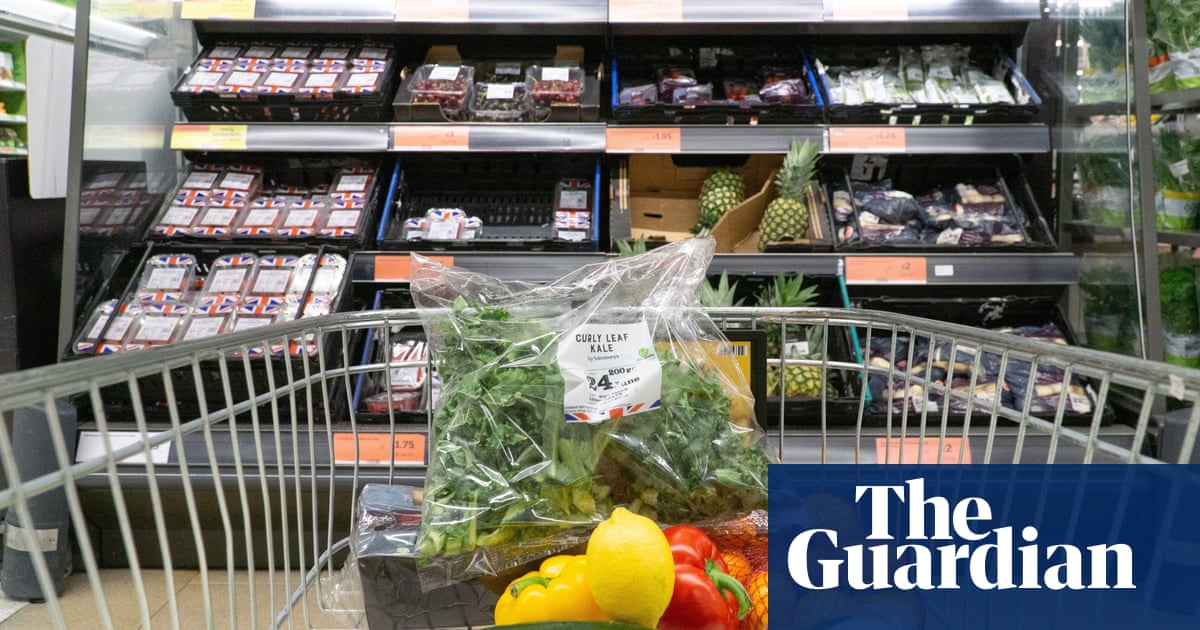
Haji Sultan Muhammad sells vegetables in Ramadan for at least 10 percent less than their official rates
Prices of fruit and vegetables in Pakistan have risen sharply over the past couple of years
QUETTA: Customers walking into Haji Sultan Muhammad’s vegetable shop in Quetta are hungry and thirsty. They have been fasting all day in the city’s unbearable heat.
But there comes an unexpected relief when they count their money to pay: the price is less than expected.
During Ramadan, the festive season when Muslims around the world look forward to gatherings with friends and family and feasts that begin after sundown, grocery sellers across Pakistan usually jack up prices of fruits and vegetables. Muhammad does the opposite. He cuts the bill by at least 10 percent.
He is the only known vegetable vendor in Pakistan who does so.
“Where people assume Ramadan to be a season of income, I believe it is the season of goodness as well,” Muhammad told Arab News at his shop at the historical Sabzi Mandi vegetable market in the capital city of Pakistan’s southwestern Balochistan province.
“For 11 months, we are in pursuit of profit. What (is the harm) if we let go of extra money for just one month?” asked the 40-year-old, who runs the shop his grandfather established six decades ago.
Prices of produce are fixed in Pakistan, but many sellers do not obey the rules and charge people more, as they too have been burdened by increasing costs of transportation and soaring inflation. But customers find it a weak excuse.
Maula Dad Kakar, who was buying vegetables at Muhammad’s shop, said that in Europe and the Gulf countries it is common that food prices are lower during Muslim festivals, but in Pakistan sellers do the exact opposite.
“The provincial government and the Price Control Committee should take strict measures against vendors who have been looting the poor masses during Ramadan,” he said.
The authorities have been trying to do that. The Price Control Committee of Balochistan has closed more than 100 shops in the province during the first two weeks of Ramadan for violating the government’s price lists.
And alongside punitive measures, they are also trying to encourage generosity. Farah Azeem Shah, spokesperson of the government of Balochistan, told Arab News that Muhammad’s efforts have not gone unnoticed.
“The deputy commissioner had visited Muhammad’s shop last week and showed his appreciation for his initiative,” she said. “The provincial government will continue supporting shop owners selling food edibles at cheap rates and setting positive precedents in society.”
According to the government pricelist plastered in Muhammad’s shop, lemons are sold for 780 rupees ($4) per kg. Muhammad sells them for Rs700. The official price for tomatoes is 60 rupees per kg, but he sells them for 50 rupees.
Faqeer Muhammad, a retired 62-year-old railway employee, has been buying vegetables from him for the past 15 years.
“There are rare people in Quetta like Haji Sultan, who know the actual meaning and obligations of Ramadan,” he told Arab News.
The vegetable vendor knows it. “Being a Muslim, I believe that Ramadan is a month of blessing,” he said. “Instead of causing (extra) problems, we should provide comfort and relief for others.”












